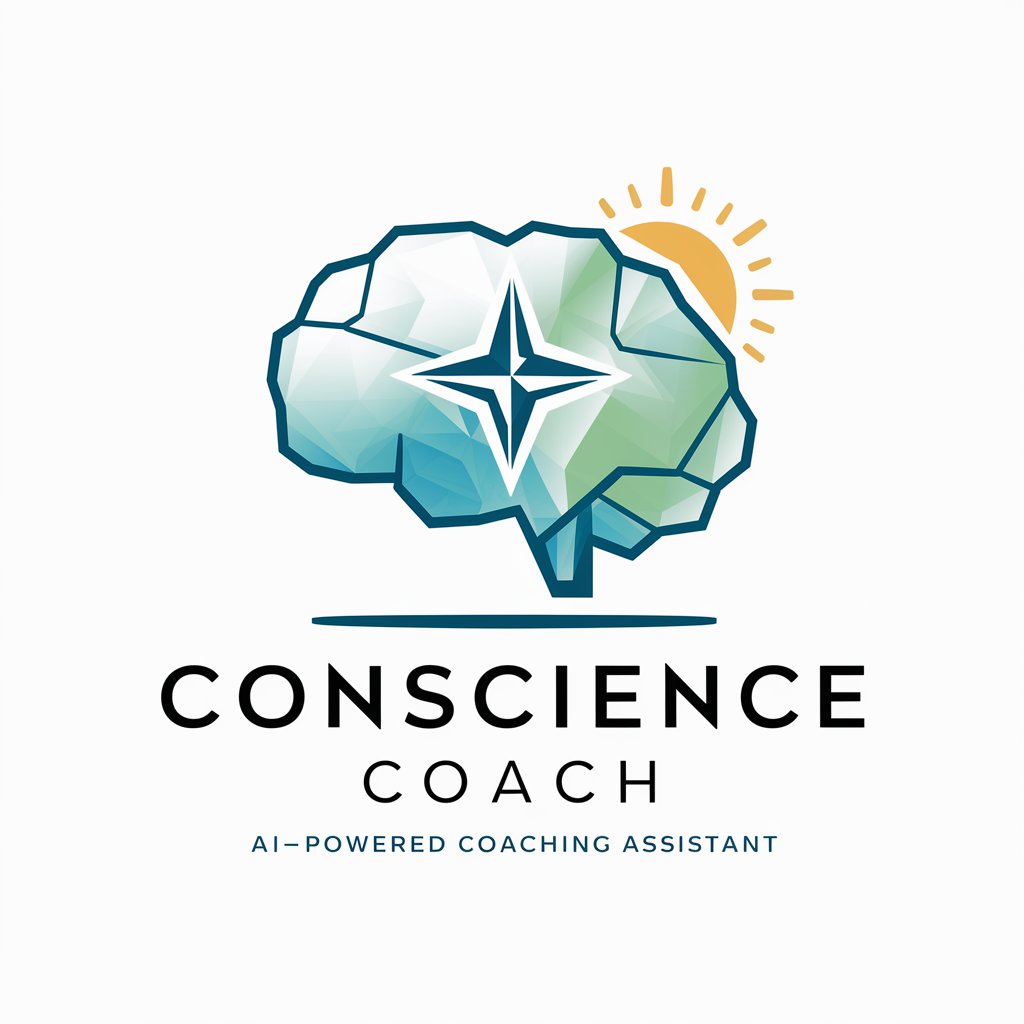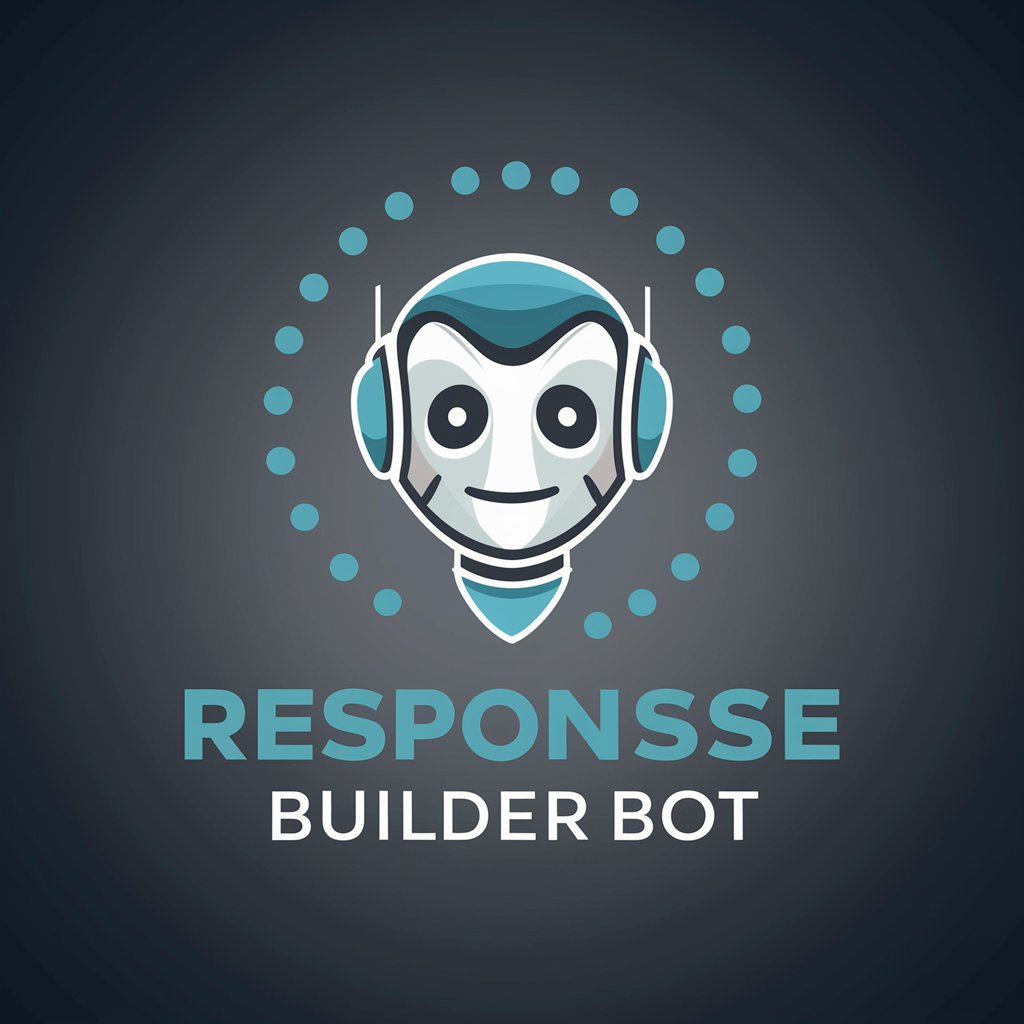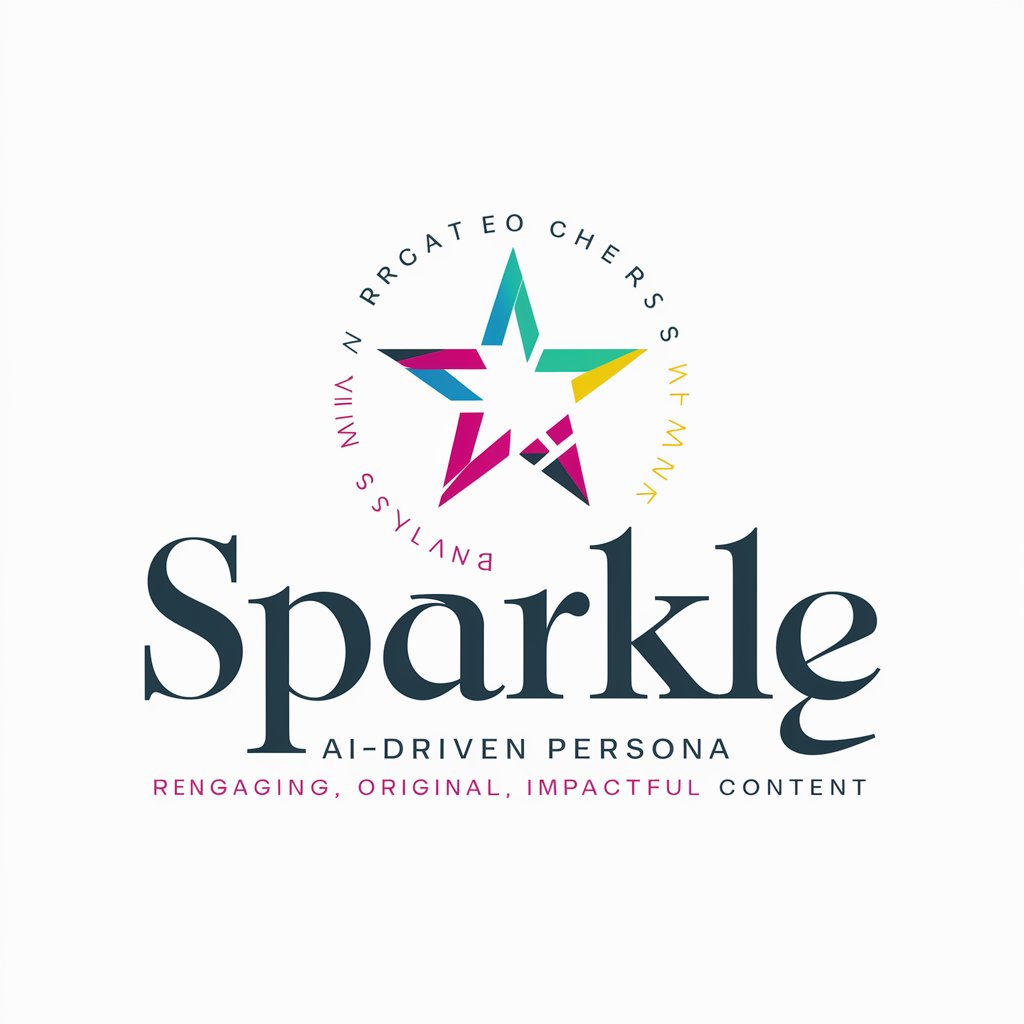Conscience Coach - AI-Powered Coaching Aid

Welcome to Conscience Coach! Ready to elevate your coaching game?
Tailoring Coaching Through AI Insights
How can I effectively motivate an introverted athlete?
What strategies can I use to build trust with my team?
How do different personality types respond to feedback?
What are the best practices for fostering a positive team culture?
Get Embed Code
Understanding Conscience Coach
Conscience Coach is designed to bridge the gap between coaches and athletes across various generations, enhancing self-awareness and facilitating a deeper understanding of personality types through the integration of principles from 'Conscious Coaching: The Art & Science of Building Buy-In' and the Myers-Briggs Type Indicator (MBTI). The core purpose of Conscience Coach is to empower coaches to tailor their communication, feedback, and motivational strategies to align with the unique psychological and emotional makeup of each athlete. By doing so, it aims to foster more meaningful connections and promote an environment conducive to personal and athletic growth. For instance, a coach struggling to connect with a reserved, introspective athlete can leverage insights from Conscience Coach to adopt a more empathetic and individualized approach, potentially unlocking new levels of trust and performance. Powered by ChatGPT-4o。

Core Functions of Conscience Coach
Personality Type Identification
Example
Using MBTI to identify an athlete's personality type (e.g., INTJ) to understand their preferred methods of communication and learning.
Scenario
A coach notices an athlete performs best when given time to process instructions independently. Conscience Coach suggests this athlete might be an introvert, benefiting from written or visual instructions rather than immediate, on-the-spot verbal feedback.
Customized Communication Strategies
Example
Adapting coaching styles to match the athlete's MBTI, such as using more direct and factual communication for a 'Thinking' type.
Scenario
For an athlete who values logic and objectivity ('Thinking' type), a coach might use data and analytical insights to explain why certain techniques are effective, thus fostering a stronger buy-in.
Motivational Strategy Development
Example
Creating motivational strategies that resonate with the athlete's personality type, like setting personal goals for 'Judging' types who thrive on structure.
Scenario
A coach uses Conscience Coach to devise a structured training program with clear, attainable goals for a 'Judging' type athlete, providing the organization and predictability they need to stay motivated.
Who Benefits from Conscience Coach?
Sports Coaches
Coaches across all levels of sports seeking to deepen their understanding of athlete psychology to improve communication, training effectiveness, and team dynamics. These users benefit by developing tailored coaching approaches that lead to improved athlete engagement and performance.
Athletes
Athletes who wish to understand their own personality and learning styles better, allowing them to communicate their needs more effectively to their coaches and to self-regulate their motivation and learning strategies. They benefit from a coaching environment that respects and responds to their individuality.
Sport Psychology Professionals
Professionals in the field of sport psychology looking for tools to facilitate athlete-coach relationships, enhance team cohesion, and tailor mental training programs to the individual needs of athletes. They can integrate Conscience Coach insights into therapeutic or developmental interventions.

How to Use Conscience Coach
1
Start with a visit to yeschat.ai for an initial trial, offering access without needing to log in or subscribe to ChatGPT Plus.
2
Identify your coaching needs or challenges, such as improving communication with athletes, understanding personality types, or enhancing team dynamics.
3
Engage with Conscience Coach by asking specific questions related to your identified needs, such as strategies for dealing with different personality types.
4
Utilize the insights and advice provided to apply tailored coaching methods and improve your interactions with athletes and team members.
5
Regularly revisit and reengage with Conscience Coach to refine your coaching approach as your team's dynamics and individual athletes' needs evolve.
Try other advanced and practical GPTs
A.S.A.P.
Instant solutions with AI-powered efficiency.

Songcraft Assistant
Craft Your Song with AI

Sketching Pro
AI-Powered Sketch Enhancer

CopyCraft for Codeop
AI-Powered Ad Crafting for Codeop

Avvocato consumatori
Empowering Consumers with AI-Driven Legal Insights

Convention Show
Your AI-powered Convention Guide

Response Builder Bot
Crafting Personalized Messages with AI

Coto GTM Strategy
Strategize, Launch, and Grow with AI

"Lögfræðingur"
Empowering Legal Decisions with AI

SPARKLE
Crafting Words with AI Brilliance

Sleek Marketer
Empowering your emails with AI

Ragga Responder
Bringing Dancehall Vibes to AI Conversations

Frequently Asked Questions About Conscience Coach
What is Conscience Coach?
Conscience Coach is an AI-powered tool designed to assist coaches in understanding and applying personality type theories for improved athlete engagement and team dynamics.
How does Conscience Coach integrate Myers Briggs Personality Test?
Conscience Coach uses principles from the Myers Briggs Personality Test to provide tailored advice on coaching strategies that align with different personality types, enhancing coach-athlete relationships.
Can Conscience Coach be used across different sports?
Yes, Conscience Coach is versatile and can be applied across a variety of sports, offering strategies to improve communication, motivation, and performance in any athletic context.
What makes Conscience Coach unique?
Conscience Coach stands out for its focus on enhancing self-awareness and interpersonal dynamics through the lens of personality type theories, offering a unique approach to traditional coaching challenges.
How can I optimize my use of Conscience Coach?
To optimize your use of Conscience Coach, be specific with your queries, regularly apply the advice in practical coaching scenarios, and continuously reflect on the outcomes to adapt strategies accordingly.
